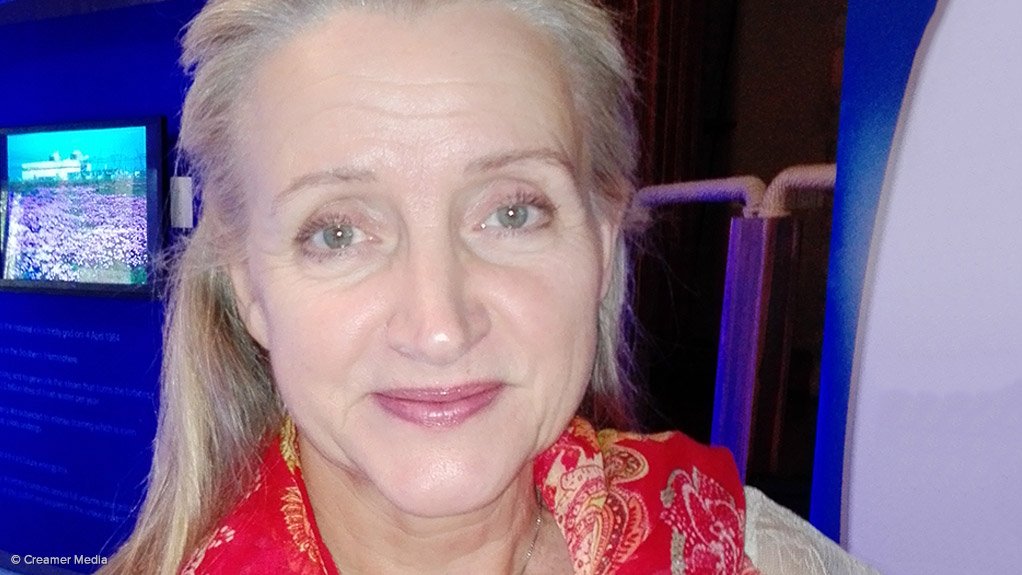The world can only meet the target of restricting global warming to 2 °C by the end of this century by greatly increasing the use of nuclear power. So affirmed World Nuclear Association (WNA) director-general Agneta Rising in her address to the Nuclear Africa 2017 conference.
She cited studies by the International Energy Agency (IEA) which show that nuclear energy will have one of the biggest roles in converting world electricity generation to low-carbon sources. The global nuclear industry believes that world nuclear capacity will have to triple by 2050. "We need to add 1 000 GW of new nuclear capacity by 2050," she highlighted.
The WNA has calculated that this would require adding 10 GW/y of new nuclear capacity in the period 2016 to 2020, increasing to 25 GW/y for 2021 to 2025, and then reaching 33 GW/y for 2026 to 2050. "Can we do this? Yes!" she assured. "We've done it before. The goal of the nuclear industry is to provide 25% of [global] electricity supply by 2050."
"We have the highest level of nuclear construction in 25 years, with 60 reactors [being built] worldwide, mostly in Asia," she noted. China is currently building 22, Russia seven, and India five, for example. The IEA has forecast that global nuclear electricity generation is already set to increase by almost two-and-a-half times by 2040.
The IEA, she pointed out, regards nuclear as a cost-competitive low-carbon electricity generation option. "The [global] electricity demand is growing, the electricity consumption is growing, even if there are economic disruptions," observed Rising. Billions of people still have no, or inadequate, access to electricity.
Although some countries have benefited from clean electricity from the start, thanks to their use of hydro or geothermal power, they are the exceptions. "There is no country in the world that has been able to decarbonise their electricity supply without using nuclear power." Germany has built wind and solar electricity generation capacity that is three times the nuclear generation capacity of France, yet, on average, that impressive renewables investment only delivers 10% to 15% of that capacity.
Nuclear power can be built quite fast. She cited the examples of Sweden, France, Belgium and South Korea. France ended its dependence on oil and coal for electricity generation in just 13 years.
Edited by: Creamer Media Reporter
EMAIL THIS ARTICLE SAVE THIS ARTICLE
ARTICLE ENQUIRY
To subscribe email subscriptions@creamermedia.co.za or click here
To advertise email advertising@creamermedia.co.za or click here













